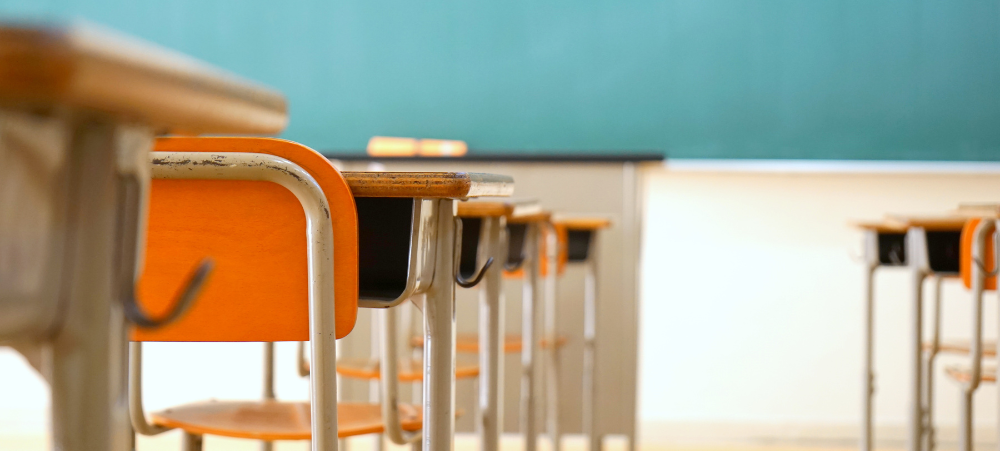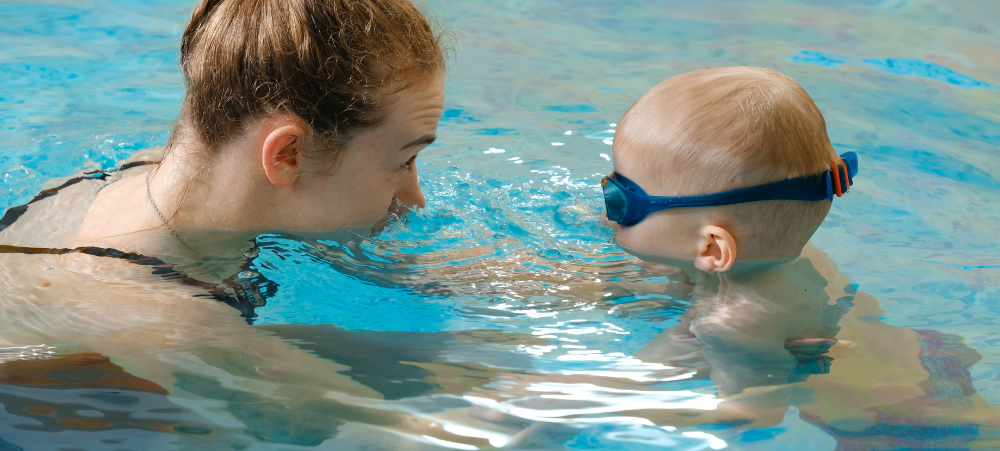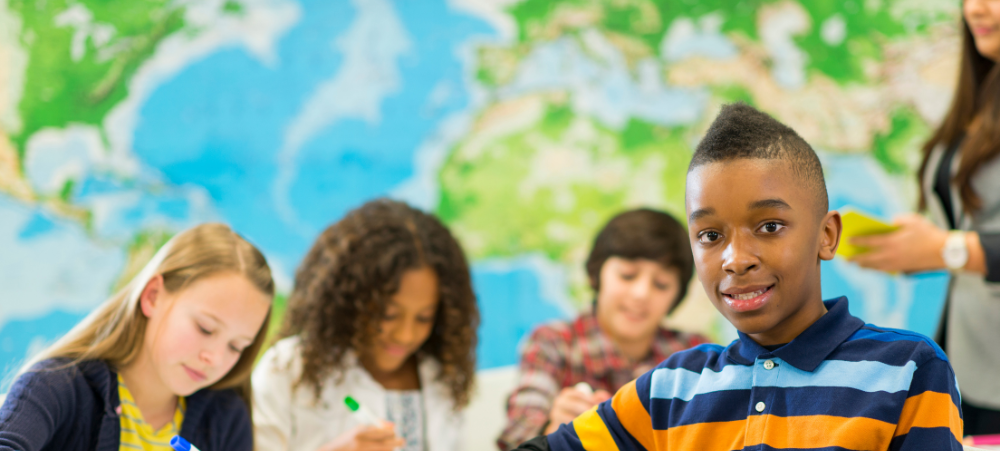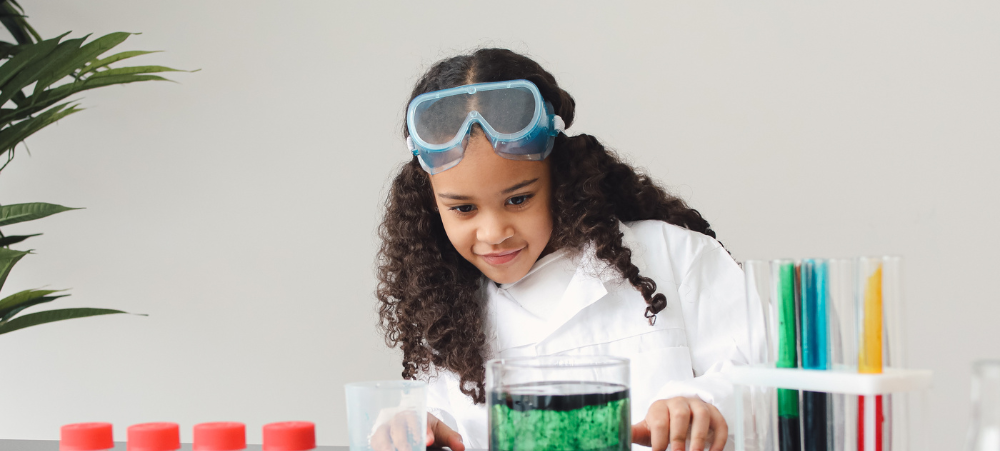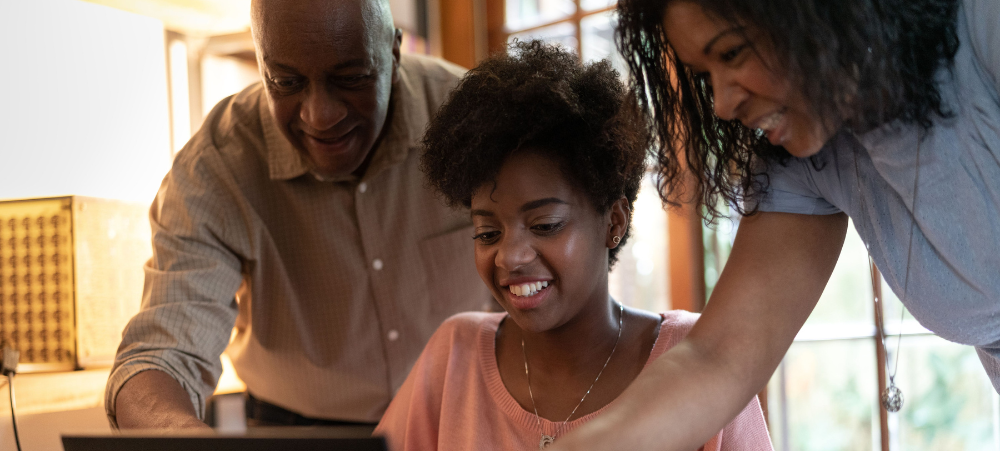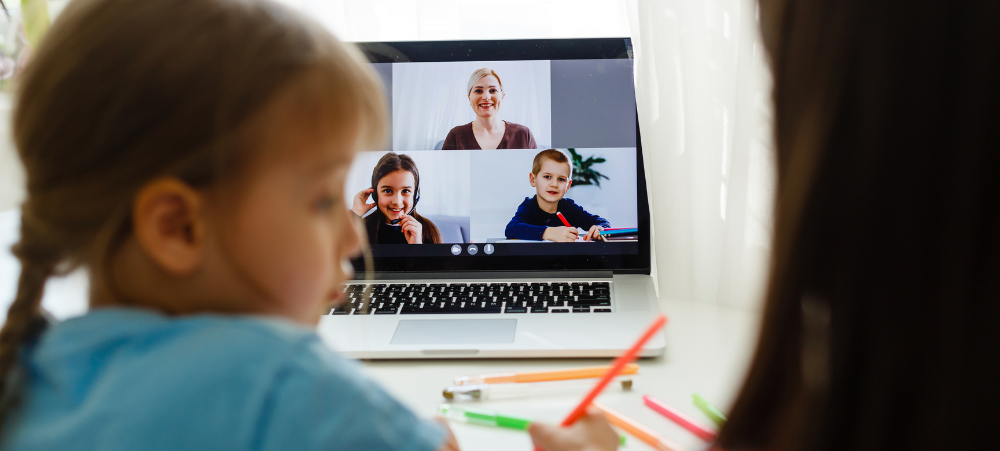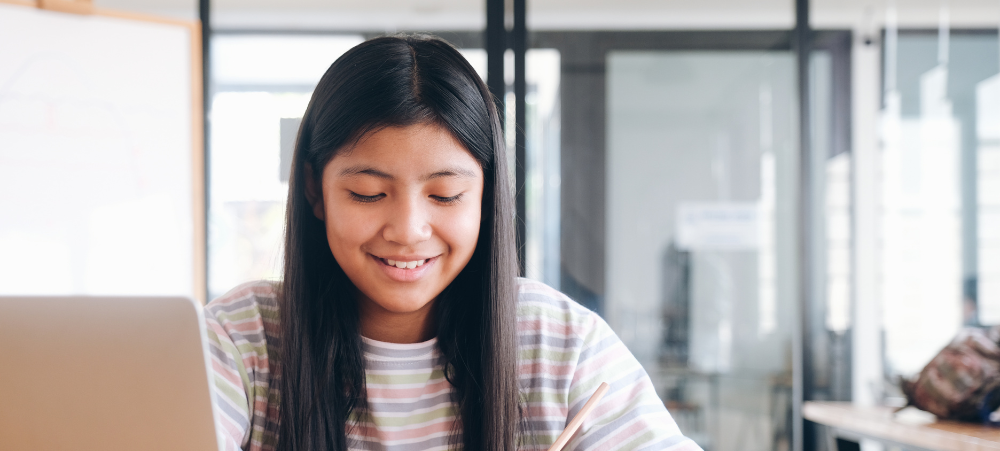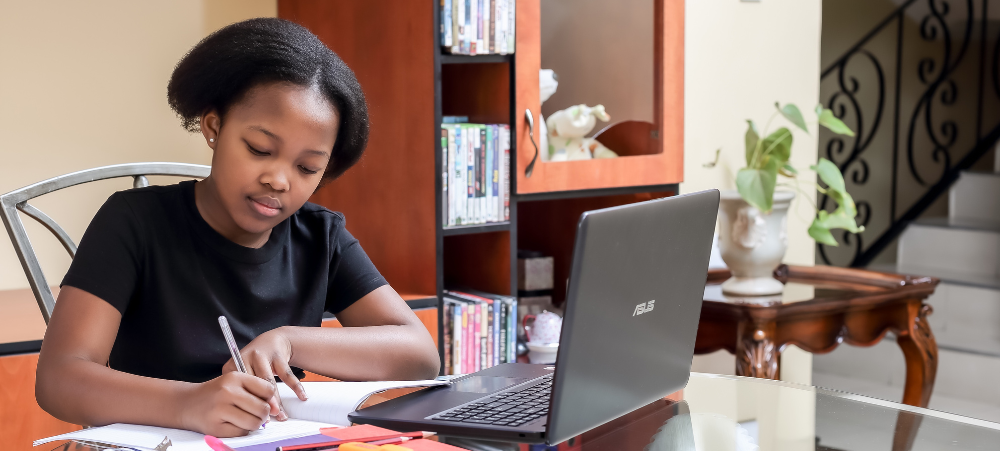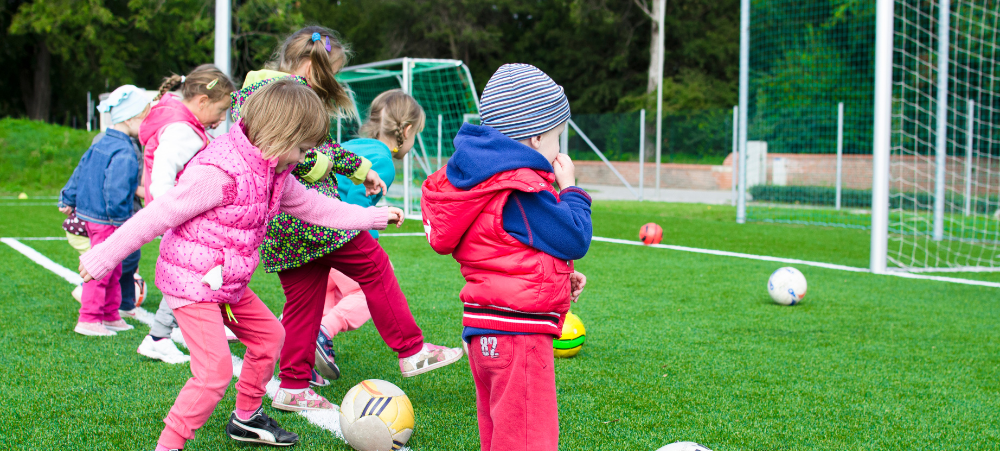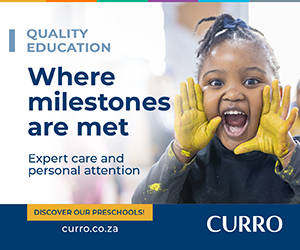
WHY KOA ACADEMY CHOOSES THE IEB PATHWAY TO THE 4iR WORLD OF WORK
In South Africa, learners following the CAPS curriculum achieve their Matric qualifications (National Senior Certificate – NSC) either through writing the assessments of the Department of Basic Education (DBE) or the Independent Examinations Board (IEB). However, this is not to say that DBE and NSC learners just write different final examination papers. There’s a lot more to it than that. In order for the practice of assessment to be meaningful it must be embedded throughout the teaching and learning process. Therefore, a system of assessment, with its guiding principles and methodologies, uniquely shapes the teacher’s delivery of the curriculum and a learner’s experience of engaging with it. It also impacts on students’ capacities to apply their learning as they go forward in life. The DBE and the IBE have notably different approaches when it comes to assessment, and therefore IBE-accredited schools, online or traditional, offer children a distinct learning experience. For Mark Anderson, Co-Founder and Principal of high-engagement online school, Koa Academy, the advantages of the IEB’s more progressive educational philosophy, that goes hand in hand with an advanced approach to assessment, is essential for preparing young generations for a future of work that is vastly different from what their parents have experienced. He says, “When it comes down to it, what education must do is prepare young people for the real world. Today that is set in the 4th Industrial Revolution (4iR) context which demands different key skills to succeed in the workplace. Rather than simply memorising a set of facts by rote, we have to be adept when it comes to critical thinking, problem-solving, communications and emotional intelligence. For parents, this means that their child’s experience of school should be different from theirs. If it seems much the same, that’s a red flag.” Application of knowledge versus memorisation of data It’s one thing to be able to repeat what you have learnt, and quite another to be able to apply your knowledge in a range of scenarios. The first demands memory of content, the latter demands a deep level of understanding. Here are some practical examples of the differences: In English, a memorisation approach leads you to believe that there is one correct way to think and talk about a character or a theme in a story. Critical thinking helps you to understand that there are many possible ways to interpret a story and you are encouraged to find the motivation to back up multiple perspectives. History classes that lean towards memorisation focus on simply remembering an order of events, dates and people’s names. Critical thinking teaches us to evaluate historical events and understand how they relate to our context today. A memorisation approach to Mathematics says that rememberingthe method to solve a specific problem and then simply repeating it is most important. Critical thinking is about understanding numbers and methods so that we can be presented with new problems and confidently solve them. Anne Oberholzer, the CEO of IEB says, “The IEB’s assessments are consciously and deliberately developed in accordance with our Intentional Educational Beliefs. These are based on educating critical users of information, ethical reasoners, problem solvers, creative and reflective thinkers, lifelong students, society members respectful of diversity and active citizens who are committed to upholding democratic principles and the wellbeing of all people. These principles are essential for learners to succeed in tertiary studies, their careers and in wider society. They are pivotal in allowing young people to thrive in a world with complex problems to solve, where doing so requires collaboration and innovation on a global scale. If assessments deliberately evaluate these principles, then teachers will teach for their development in the classroom. IEB assessments actively focus on these principles, probing a learner’s understanding and application.” Testing that is more rigorous but less stressful As an IEB-accredited school, Koa Academy puts these principles into action to achieve meaningful assessment. Anderson explains that this results in an assessment process that is both more rigorous and less anxiety-provoking. He says, “That sounds like an oxymoron, right? However, using both formative and summative assessments, we focus on understanding demonstrated through application rather than rote repetition. Understanding is a far more rigorous and robust level of assessment, yet we can do this in many enjoyable ways that enable learners to demonstrate that they can analyze, interpret, and evaluate information. They don’t have to go through stressful formal assessments all the time. Instead, they can enthusiastically plan, create, collaborate, execute, and deliver relevant work that reveals their application of knowledge. The IEB approach allows us to focus on less intense formal test cycles, particularly in the younger grades, and find more meaningful but less stressful ways of assessing learning. In this way we achieve quality over quantity in testing.” There are hard facts that buttress the IEB approach. Anderson says, “It’s no surprise that in a study conducted at the University of Cape Town (Hill, R. 2019, Does the IEB make the grade?) showed that students who had taken the IEB pathway had a higher grade average, particularly in the Medicine and Engineering faculties, and therefore a higher put-through rate to second year. The conclusion of that UCT study was that ‘the exposure to the alternative (IEB) testing method is sufficient for students to see significant improvements in their university performance.’ This is backed up also by the IEB’s track record of alumni accepted into international Ivy League universities.” Proudly South African, the IEB also offers Advanced Programmes enabling matriculants to graduate with enhanced NSC qualifications that are globally recognised as equivalent to A-Levels. Catch the first Koa Cast here: Koa Principal, Mark Anderson in conversation with Anne Oberholzer, the CEO of IEB.




